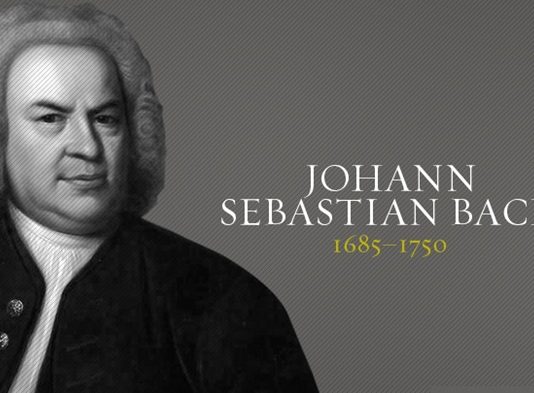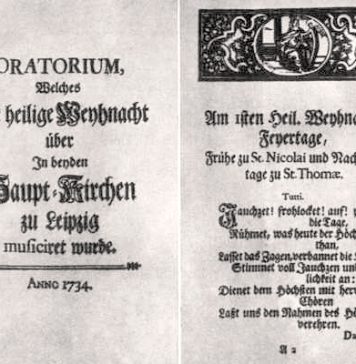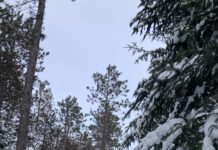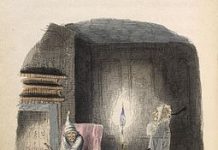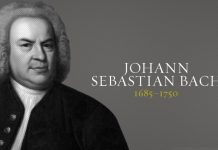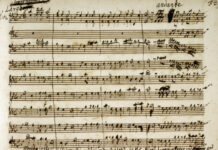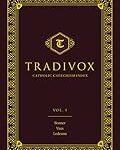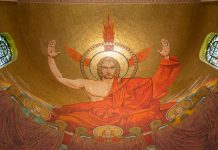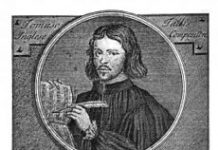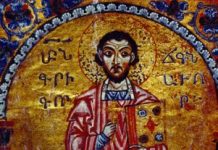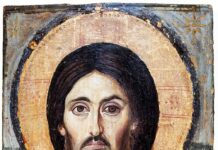In the Bleak Midwinter, Gaudete Christus Natus Est
It's lovely how the simplest tunes often - perhaps most often, maybe even always - make the most beautiful of melodies. So it is...
A Christmas Carol: Thoughts, and an Audio Book
Charles Dickens' novella A Christmas Carol was first published on this December 19 back in 1843, and it has been a much beloved classic...
Grace in the Gutter
A Christmas Reflection on Evil, Freedom, and Redemption in Bad Santa
Editors’ note: the film reviewed below contains explicit sexual and violent scenes, sustained crudity...
Bach’s Cantata for the Fourth Sunday of Advent
J.S. Bach composed Cantatas for many Sundays and feasts (over 200!)- in the Lutheran liturgical calendar, to be sure, but one which remained close...
God: The Science, the Evidence – A Review
God: The Science, the Evidence, by Michel-Yves Bolloré and Olivier Bonnassies, is an intriguing book, not quite what I expected when asked to review...
Handel’s Miraculous Messiah
On this Second Sunday of Advent, when we read of Saint John the Baptist's preparing the way, it is fitting to immerse oneself in...
Truth and the Tradivox Catechical Compendium
There is no such things a 'perfect' Catechism, a catechism to end all catechisms, such as it were. That's why there's no end to...
Musical Offering: Lo, He Comes With Clouds Descending!
Say what you like about the early Methodists, but they could write some melodious hymns, and one of the greatest and most prolific is...
Tallis’ Gaude Gloriosa
For this Solemnity of the Immaculate Conception - and a blessed one may it be - here is the opening section to a motet...
Fauré’s Requiem
Gabriel Fauré composed his Requiem between 1887 and 1890, with an initial premiere at a funeral in 1888. Some say that he was inspired...

